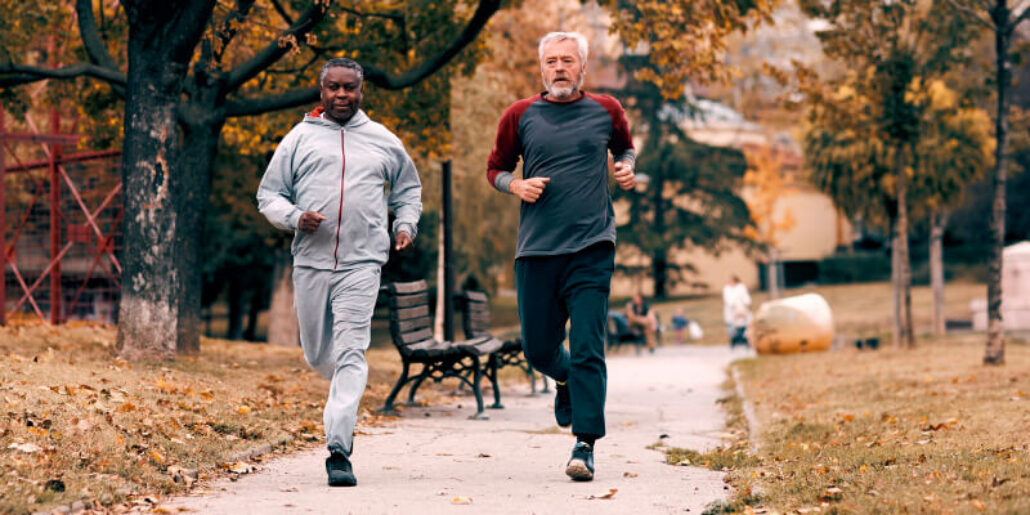We spoke with Summit sports medicine surgeon Mikhail Klimstra, M.D., about what you can do to get the best result from your total knee replacement.
If you’re considering total knee replacement surgery, it’s natural to be nervous. But there’s good news: There is a lot you can do to get a great result from total knee replacement surgery.
“A very common discussion I have with patients in the clinic is when is the right time to do surgery, if at all?” said Mikhail Klimstra, M.D., a sports medicine surgeon at Summit Orthopedics. “The time to have surgery is up to you. It comes down to a quality-of-life issue.”
There is no quick fix for arthritis, and the pain, inflammation, and stiffness of an arthritic knee can worsen over time. To decide when the right time is for surgery, patients should consider whether they’ve exhausted the nonsurgical treatment strategies designed to improve symptoms, function, and quality of life. These include:
- Anti-inflammatory medicines
- Physical therapy
- Weight loss to offload the knee
- Injection therapy
Ultimately, the question comes down to when patients are ready to do a total knee replacement. “The best time is really when you, as an individual, feel like you can’t keep living like this. We have all these treatment options, and pinning down how aggressive you want to be is a key part of the ongoing discussions between you and your provider,” Dr. Klimstra said.
Getting ready for a great total knee replacement result
Other than deciding on the best time for a knee replacement, it’s also smart to prepare yourself ahead of time by optimizing your health. The stronger and healthier you are before surgery, the better your results tend to be. Here are some things to consider:
More resources for you:

